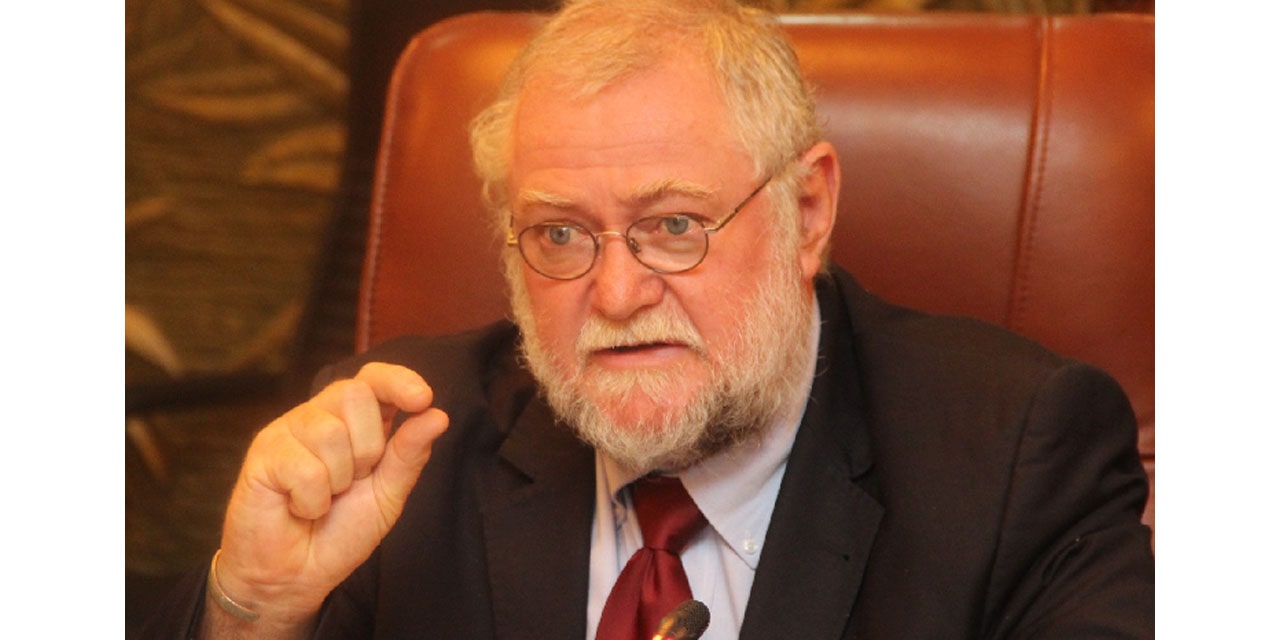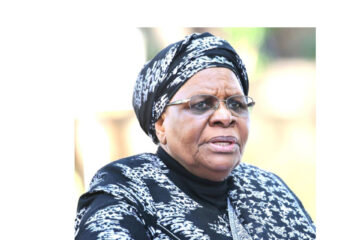Tujoromajo Kasuto
With neighbouring countries such as South Africa cashing in on the ‘green rush’ and the potential profits of granting hemp cultivation licences, Namibian government may not be so easily swayed as the cultivation of Industrial Hemp farming remains on the backburner, as the Ministry of Agriculture, Water and Land Reform is awaiting the Ministry of Health and Social Services to lead the way in cannabis sativa specifically in terms of commercial or medicinal use.
According to Agriculture Minister Carl Schlettwein, the ministry has observed the viability of industrial hemp farming, but from a business standpoint.
‘’From a business perspective, from the figures I have seen, it may be a viable business opportunity, but we have looked into other cases but it may be that the opportunity is not always as rosy as it is depicted,’’ he said.
This comes as only 12 African countries allow industrial hemp cultivation, including South Africa, Zambia, Ethiopia, Ghana, Lesotho, Malawi, Morocco, Rwanda, Zimbabwe and the Kingdom of eSwatini.
In South Africa, according to government estimates, hemp cultivation and production has the potential to create 25 000 jobs.
Other estimates place the sector’s value at around N$30 billion and 35 000 jobs over the next 3 to 5 years.
Furthermore, according to the Allied Market Research the global industrial hemp market was worth US$4.9 billion in 2019 and is expected to grow to $18.6 billion by 2027, with a compound annual growth rate (CAGR) of 22.4% from 2021 to 2027.
Schlettwein, consequently said the ministry has an ongoing evaluation about how much needs to be planted and how much is the international market.
‘’We are looking into the pros and cons of the opportunity such as how the behaviour is at the moment and how its potential can be influenced over time and this can only be determined once the report is finalised,’’ the minister noted.
Besides this the issue was brought before the cabinet and referred to the ministry of health to investigate whether there is a demand for cannabis medicinal use and the health risks associated with its use.
As a result, Sclettwein stated that they are awaiting the report and that ‘’so far, the ministry has not issued any licences’’.
Meanwhile, Ben Nangombe, Executive Director of the Ministry of Health, stated that they are having ongoing consultations so they can harmonise two conflicting clauses to operationalise the cultivation of cannabis in Namibia.
‘’We are having consultations with the Attorney General on legislations that are in conflict, so we need to harmonise the two arts, one act relates to how it is illegal to possess cannabis, and the other states that it can be cultivated or possessed for research for medicinal purposes, so in order to harmonise that, the ministry approached the attorney general’s office to provide his opinion and legal advice on these two clauses,’’ he said.
Cannabis is believed to have numerous medicinal benefits and can be used in the treatment and pain management of cancer, glaucoma, HIV-Aids, Parkinson’s, Alzheimer’s, arthritis, cerebral palsy, headaches, multiple sclerosis, anorexia, schizophrenia among others.




